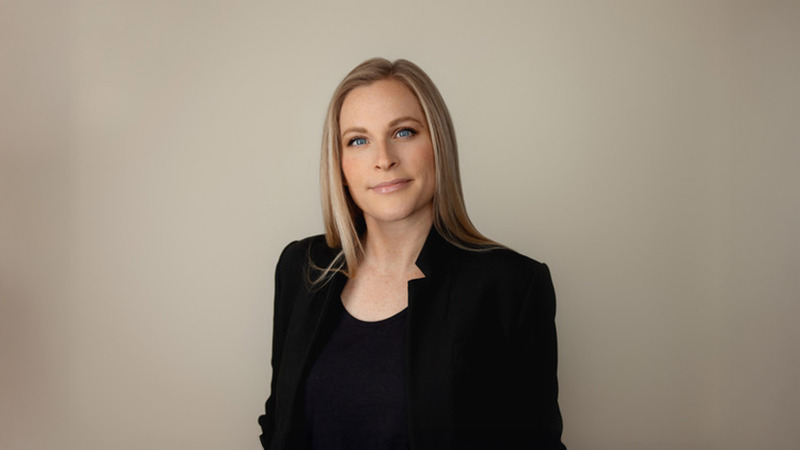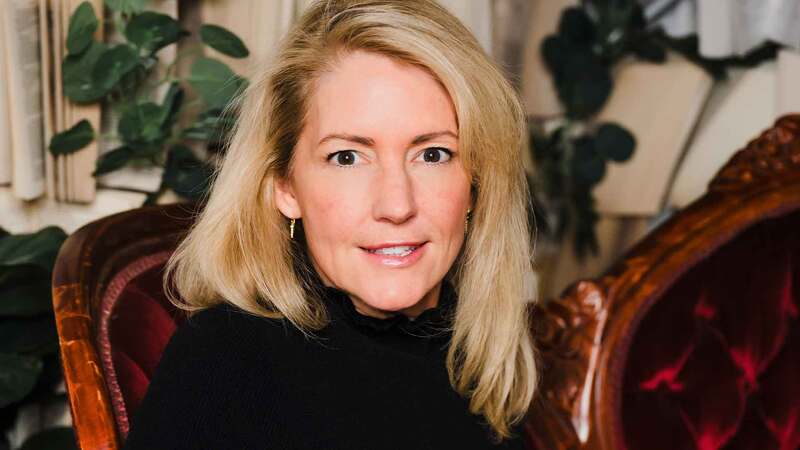You are viewing your 1 free article this month. Login to read more articles.
To Kill a Mockingbird most popular book-club pick
Harper Lee's To Kill a Mockingbird is the most popular reading group title in the UK, according to new research from The Reading Agency.
The national charity commissioned the research - conducted via The Reading Agency's Reading Groups for Everyone network - to find out from reading group members how their groups are run, which books were selected and the impact of being a reading group member.
Other "well-received" choices include Emma Healey's debut Elizabeth is Missing (Viking) in second place, We Need to Talk About Kevin by Lionel Shriver (Serpent's Tail) in third and The Book Thief (Black Swan) by Markus Zusak in fourth.
Jessie Burton's debut The Miniaturist (Picador) also featured alongside books The Goldfinch (Abacus) by Donna Tartt, A Thousand Splendid Suns (Bloomsbury) by Khaled Hosseini, The Guernsey Literary and Potato Peel Pie Society (Bloomsbury) by Annie Barrows and Mary Ann Shaffer, and The Unlikely Pilgrimage of Harold Fry (Black Swan) by Rachel Joyce in joint fifth most popular reading group choice.
The research showed "friends and word of mouth" were most likely to influence the books chosen by the groups, while two thirds also used book reviews (66%) and over half (58%) use book prize shortlists and winners. Many respondents also commented chosen books came from library reading lists or were recommended by their librarian.
Libraries were the second most popular meeting place for groups (23%) after group members' houses (43%). Although 95% of the groups read fiction, many also read non-fiction (66%). Smaller but still substantial numbers of groups read short stories (45%) and poems (23%).
The research also uncovered numerous benefits associated with being part of a book club, with 95% revealing they felt "happy" through being part of the group, 94% saying it resulted in their "reading more widely", and 80% saying they enjoyed what they are reading "more" when they discuss it as part of the group.
Reading groups designed specially to meet specific needs, such as visual impairments or mental health diagnoses, also were shown to provide "a support network", and others said clubs provided opportunities to form new "long-term" friendships, some of which had helped them through "a challenging period" in their life.
One reading group member said: "I went through a very difficult time just after my second child was born. Another mother came up to me and asked if I'd like to join a book club - that was just beginning and I took the plunge and said yes. Ironically, the first book we read was We Need to Talk About Kevin! It was definitely a life-changing moment for me... I believe passionately in the power of books but I believe fundamentally in the power of talking and including. A social group, like a book club, has the power to lift, involve and welcome a person who may be feeling isolated or unhappy."
The research will be used to help "strengthen the relationships between reading groups and publishers", while tips and case studies from the survey will be used to support existing groups in the network and encourage more people to set up new ones.
Karen Brodie, head of publisher partnerships at The Reading Agency, said: "Reading is not just a solitary activity, sharing it with others can give us different perspectives and open our eyes to new genres and writers. This research shows that being part of a reading group brings numerous benefits and I was particularly interested to see that groups choose such a wide range of titles, focusing on those which stimulate discussion and debate."
Emma Watson recently set up a feminist "book club" on Goodreads that attracted tens of thousands of followers within days and boosted sales of book-club pick On the Road by Gloria Steinem (Oneworld) 109% in its first week.


















